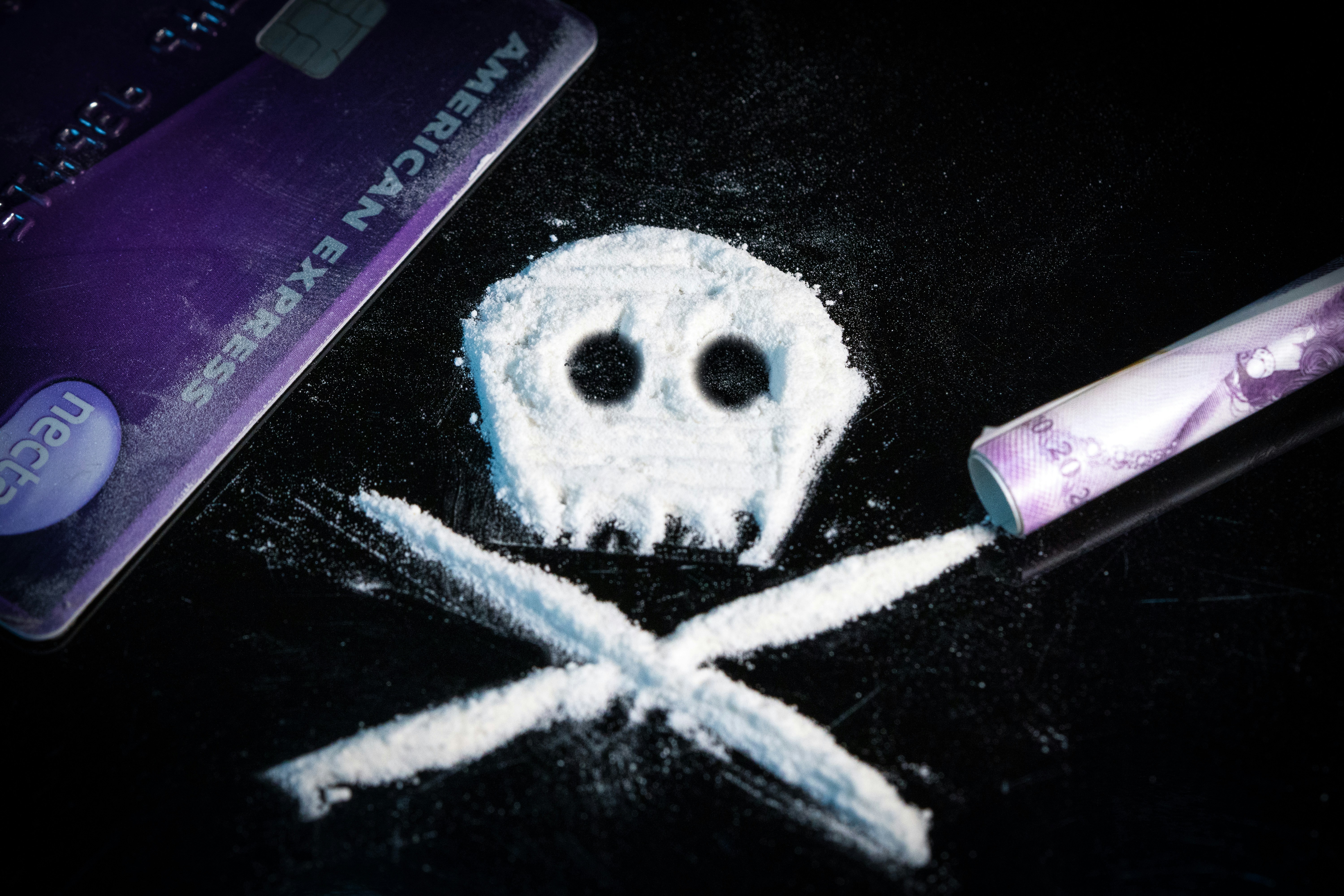Restaurant Workers and Addiction
With their busy schedules, high stress levels, and close proximity to ample amounts of alcohol, many chefs and restaurant workers are propelled into a culture that glorifies self-indulgence, which can translate into excessive drinking, drug use, and often, addiction. Workers in the hospitality and food service industries are the most likely to use illicit drugs, according to SAMHSA. The 2015 report showed that they were also the group to most regularly report substance abuse within the previous year.
Because drinking and eating often go hand-in-hand, chefs and waiters are frequently exposed to alcohol. Aside from constantly being around alcoholic beverages during work hours, restaurant employees often drink or use drugs after their shifts to bond with their coworkers and unwind after a long day of manual labor. Some of these addiction narratives begin with the popular “shift drink” tradition, a practice intended to build goodwill and teamwork among restaurant employees. After working long, unconventional hours, many choose to party with their coworkers, having no one else to interact with when they return home late at night.
Mental Health in the Food Service Industry
Celebrity chef Anthony Bourdain’s experiences with addiction and mental health struggles have been widely publicized after his suicide in June 2018. Before releasing his celebrated book Kitchen Confidential and starring in the television series Parts Unknown, Bourdain struggled financially and turned to using alcohol and drugs along with his coworkers to escape his personal and professional burdens. In a 2016 interview with Biography.com, Bourdain commented on his drug use, saying, “All I can tell you is this: I got off of heroin in the 1980s. Friends of mine from the ’70s and ’80s, they just got off 5, 6, maybe 10 years ago. And we’re the lucky ones. We made it out alive. There are a lot of guys that didn’t get that far.”
Like Bourdain, many who start working in the food services industry are not financially stable, and a large portion have difficulty finding employment in more traditional, white-collar settings. Kevin Finch, the executive director of an organization geared toward building community among food industry workers, understands that the business has its pros and cons. He explains, “This is the one industry that remains where there’s no barriers to employment. If you’re willing to work, you can get a job — you don’t need a grasp on English or a high school degree.”
Unfortunately, this dynamic also makes it difficult for workers to abandon the industry and its often toxic working conditions. People who otherwise may not have dabbled with drugs and alcohol spend long hours in environments that celebrate substance use, start drinking or using drugs to fit in with their coworkers, and end up becoming hooked for life, in many cases. The demands of waiting on a stream of impatient customers, working in a hot kitchen, and running around completing repetitive tasks can also take on toll on a person’s mental health.
Achieving Recovery in a Challenging Atmosphere
Some have been able to seek help for themselves and turn their lives around. Michael Voltaggio, who won the sixth season of “Top Chef” but dealt with nicotine addiction, reasons that chefs are more at-risk of developing substance use disorders because they are “always looking for some form of intensity.” He admitted to taking frequent smoke breaks with his coworkers to clear his mind while working in the restaurant industry but eventually realized that smoking was getting in the way of his other passions and decided to quit in 2016. In order to break toxic habits, he believes a person has to “find something positive to be addicted to.” Investing in productive endeavors such as charity work and making time to practice therapeutic activities like writing, yoga, and horticultural therapy can make a world of difference in addiction recovery.
People who struggle with addiction should seek help for themselves first and foremost. Those who pursue recovery will be able to better understand themselves, build their self-esteem, strengthen their relationships with loved ones, and learn how to enjoy life without substances. The benefits of a sustainable recovery do not stop at the individual level, however. Chefs and restaurant workers who commit themselves to recovery are more mindful and attentive to their patrons’ needs. If sobriety among restaurant workers became more commonplace, a notable cultural shift could occur that would directly impact the quality of food and service across the industry while promoting healthier working conditions for employees.
If you or a loved one is struggling with addiction, Mountainside can help.
Click here or call (888) 833-4676 to speak with one of our addiction treatment experts.

 By
By 







